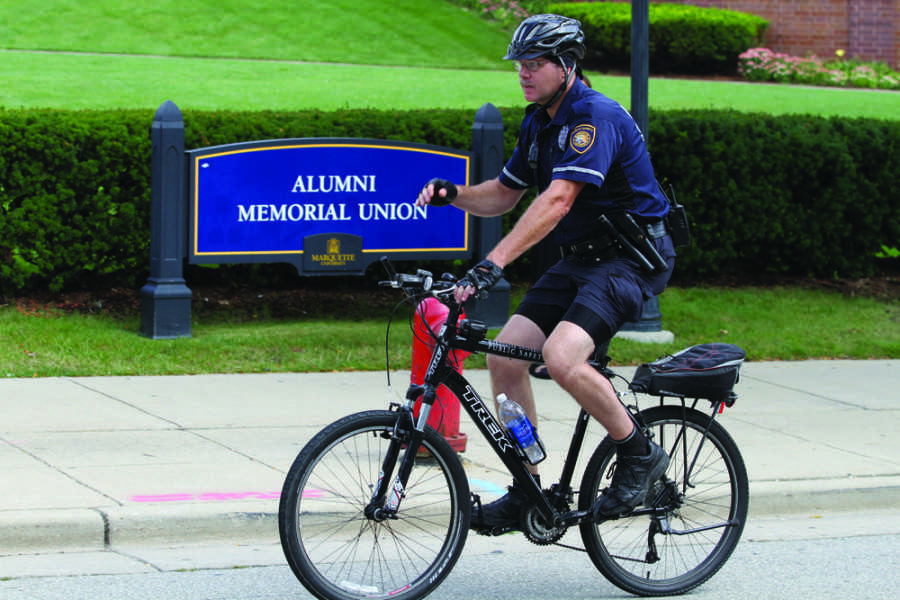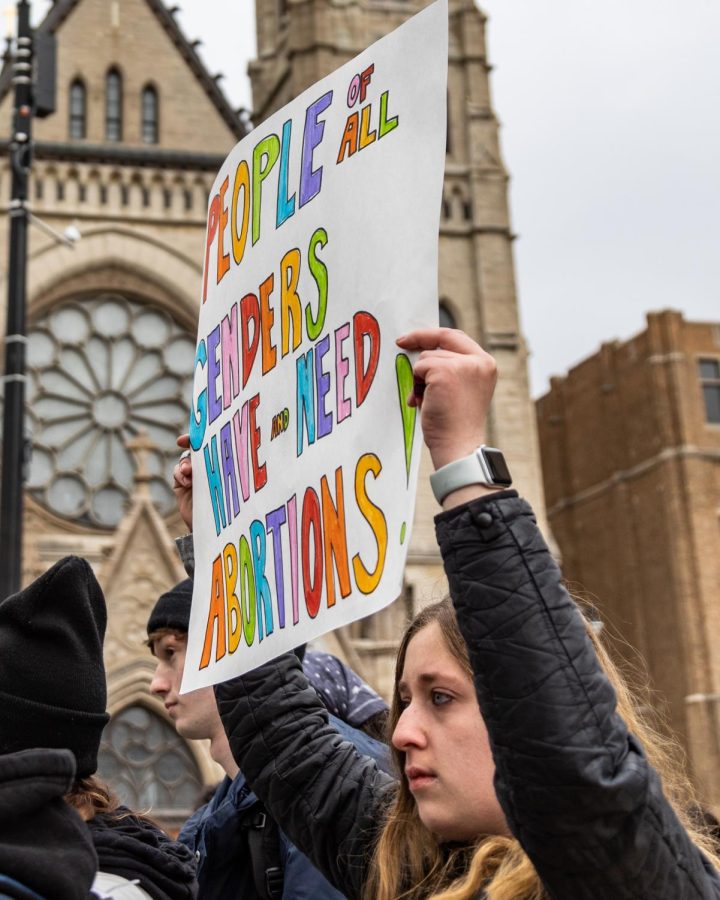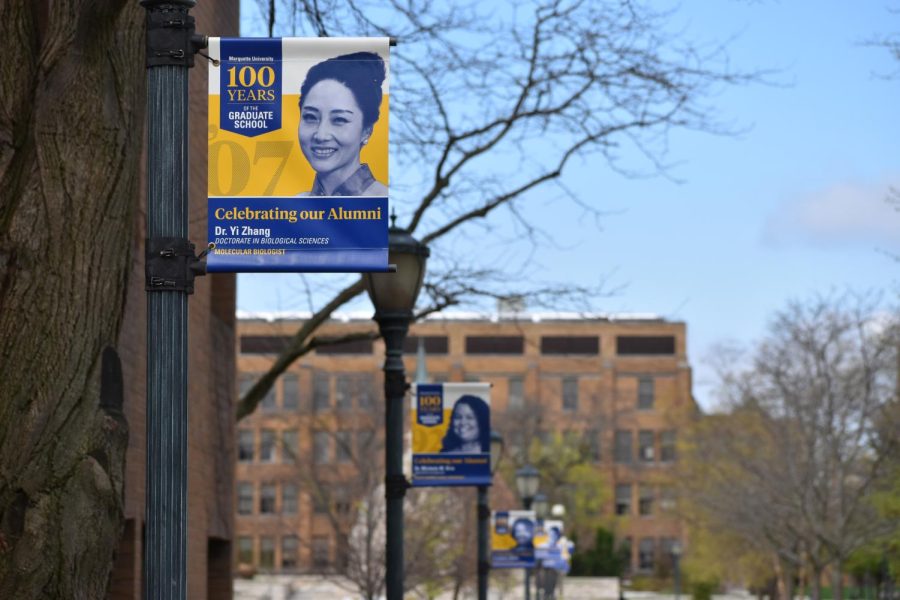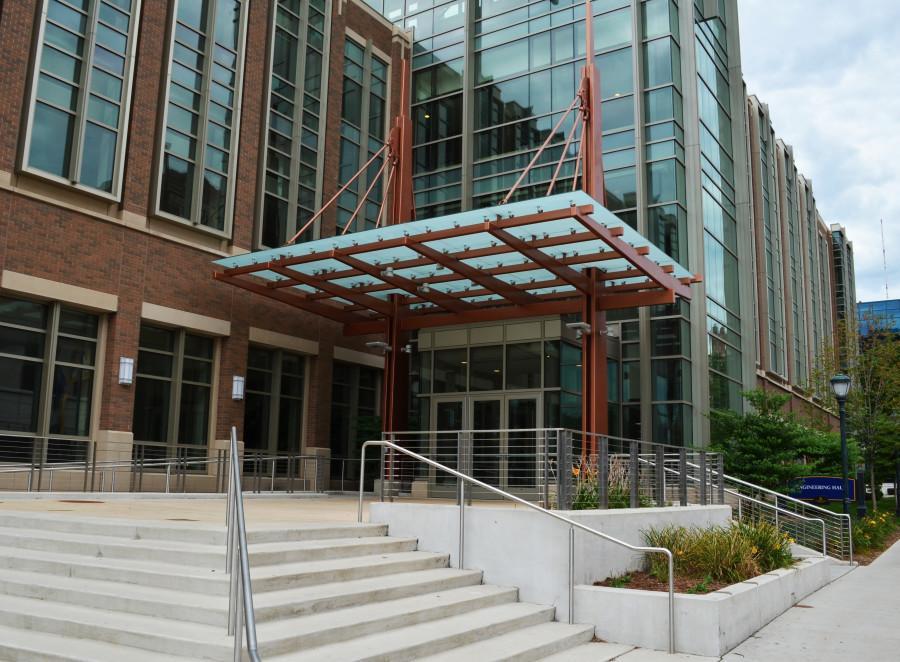
After a night of heavy drinking, your best friend is vomiting, nearly unresponsive and clearly in trouble. What do you do?
Do you call the Department of Public Safety for help and risk getting your friend and yourself in trouble? Or, do you do nothing, call no one, and take care of your friend to the best of your ability?
Thanks to Marquette’s new “Good Samaritan Policy,” individuals will officially be able to seek help from DPS without facing the more severe repercussions of the university’s Drug and Alcohol Policy.
The Good Samaritan Policy states that students reporting to DPS will not face formal Marquette disciplinary actions or sanctions for alcohol or drug violations relating to the event, though the university reserves the ability to assign educational consequences and the incident will be recorded. The policy does not, however, protect students from possible police action and would not serve as a “get out of jail free” card for students.
Although Marquette Student Government and the administration deserve commendation for instituting a Good Samaritan Policy similar to what several other Jesuit schools already have in place, there is still one major question left publicly unanswered: What happens to the individual in need of medical attention?
If students in need of help will still be culpable for their actions and face university sanctions, it stands to reason that a friend’s loyalty may well outweigh common sense, especially if all parties involved are intoxicated.
In borderline instances where it is unclear if a student is in need of medical attention, students will be much less likely to call DPS for help knowing that their actions will eventually lead to their friends facing university sanctions.
Despite how far the university has come in implementing this policy, few details are known about the policy itself.
In contrast to the alcohol policy instituted last year, which was well publicized and well explained to a point, details of the Good Samaritan Policy have been few and slow to come. The email that Christopher Miller, vice president for student affairs, sent out Tuesday seemed more of an afterthought than a priority.
With a policy that has the potential to be as popular as this, why would the university not publicize it more, especially when it is a student health and safety issue?
The alcohol policy, of which the Good Samaritan Policy is the newest addition, has changed significantly over the past few years. Unfortunately with the large degree of change, there has not been an equal amount of explanation. This leaves students wondering exactly when and how they are liable for university sanctions.
These new policies demonstrate that the administration’s top priority is not collecting fines or getting students in trouble, but rather ensuring student health and safety. Now the administration needs to focus on communicating both the new Good Samaritan Policy and the enduring Drug and Alcohol Policy instituted last year.







